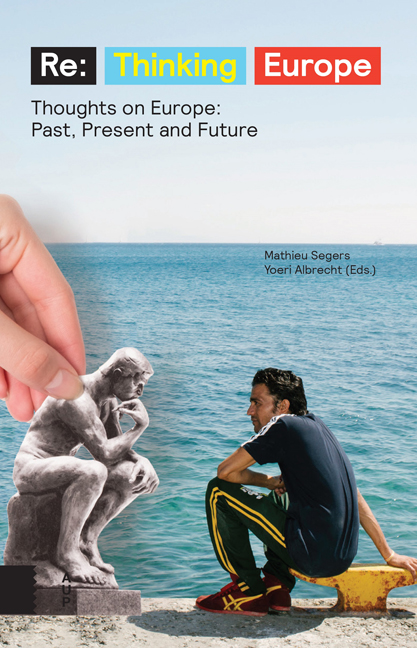Extracts from a speech in the European Parliament
Published online by Cambridge University Press: 07 January 2021
Summary
Strasbourg, 17 January 1995
Mr President, ladies and gentlemen, as you are aware, of course, since 1 January this year, France has held the presidency of the European Union.
[…]
I represent France, a country which is conscious of the threats surrounding it in this context, and which is well acquainted with the rivalry of languages. When I think of other peoples, however, which are equally deserving of respect, but whose languages are not as geographically widespread as French, which in turn is not as geographically widespread as some other languages, I wonder what will become of the soul, the means of expression of, for instance, Gaelic, Flemish or Dutch?
And, since I do not wish to appear to be referring only to the nations which are the smallest or weakest, because they are the least populous – and this is not a question of demography – I would say that in fact, if we really think about it, Italy, Germany and France are also under threat. Today, possibly only Anglo- American culture and Spanish culture are in a position to face up to these challenges. And, not withstanding my friendship for these countries, I would rather speak my own language than theirs.
Firstly, let us consider the audio-visual sector. Perhaps you think that I am being excessively partisan? I hope not. We are all conscious of the fact that in the audio-visual sector, awareness, imagination and knowledge are increasingly being shaped by images, and that there will be no Europe without European images. At a time when we are celebrating the centenary of the cinema, the most popular art form of the century has never been under greater threat in all our countries. In some of these countries, moreover, there is no longer a threat, because the film industry has already disappeared. Community assistance was unable to halt the decline. It was not able to encourage the creation of a genuine European audio-visual area or to provide our countries’ industries in this sector with an international dimension.
It is a matter of urgency to increase the appeal and promote the circulation of works produced within the European Union. I am not calling for protective measures.
- Type
- Chapter
- Information
- ReThinking Europe Thoughts on Europe: Past, Present and Future, pp. 237 - 242Publisher: Amsterdam University PressPrint publication year: 2016

